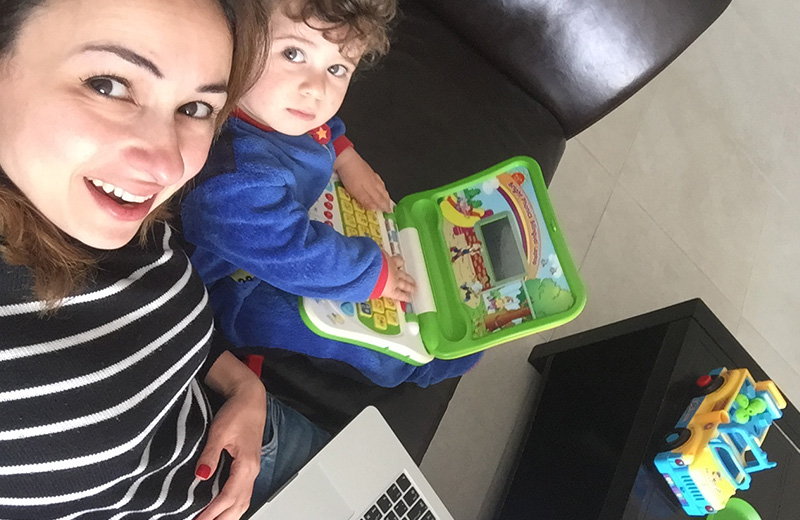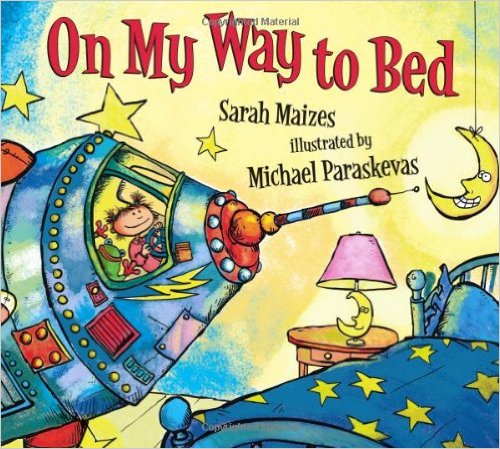How to Help Your Child Manage Stress and Sleep Better

Nowadays, it is difficult to go a day without feeling stressed. Whether it's you feeling stressed at work, overwhelmed by motherhood, or waiting anxiously for something to happen, these factors can contribute to increased stress levels.
Unfortunately, sometimes this feeling can affect our children, and the impact might be greater than we realize, especially for children between four to seven years old, who are at their peak of developing a good understanding of life and everything happening around them.
While stress affects our sleep as adults, it can also affect our children’s sleep. As parents, we often know how to unwind and relax. However, kids are still figuring out how to manage their emotions.
Therefore, it’s important to learn how to reduce stress in children and make it easier for them to settle down and sleep. Here are a few tips that will help you lessen the stress factor in your child:
Relax and be easy on yourself
As parents, are our children’s role models. They pay close attention to how we talk and act and they learn by imitating us. When we feel sad, stressed, or overwhelmed, they can sense it too.
Therefore, try to take a step back and relax. By doing so, this feeling will pass on to your child. Children consider their parents their whole world, so if something is wrong, they will pick up on it and be high alert.
The calming area

Create a calming area in your home; whether it’s in the living room, your child’s bedroom, or any other room. This area can be filled with your child’s favorite colors, crafts, play dough, sensory toys, or even a couple of books. Explain to your child that this is a space where they can express their feelings and do things to calm down.
Spend time sitting with your child everyday, asking them what activity they want to do. If they choose drawing, for example, talk about the artwork once they’re done. Ask Why they chose certain colors, how they feel about their drawing. This will help them understand their feelings even better.
The “Me” time
Allocate some dedicated "Me" time for your child to sit and converse with them about their day, and encourage them to share what they enjoyed doing, any new experiences they had, and help them express gratitude for what they have.
Even if you have more than one child, you can do this with each child separately at different times of the day. It is crucial that they feel heard and understood, so be present and attentive 100% during this conversation. This activity can take five minutes to an hour, depending on your personal preference.
Some pump-up activities
Physical activity is beneficial not only for adults but also for kids. Regular exercise triggers the release of "happy hormones" like dopamine and serotonin, boosting mood and regulating sleep and memory.
By incorporating excise into your child’s daily routine, whether it is football, dance classes, or simply jumping on a trampoline, you can help your child feel better and sleep better.
Avoid talking about stressful topics in front of your child

As adults, we often enjoy discussing politics, economy, weather, etc, but such topics can be stressful when discussed with or in front of children. Try your best not to discuss stressful topics in front of your child.
This also includes not watching the news when children are around or keeping them busy with other activities to divert their attention from the news. If you found yourself put in a situation where you can not avoid such topics in front of your child, then try to discuss it with your child in a way where they still feel safe and assure them that everything will be alright.
Routine
Establishing a daily routine for your child is crucial. If you can not accomplish that, then at least focus on having a consistent bedtime routine.
Having a routine in place will give your child a sense of stability, as they always know what is next and what to expect. This can make them feel at ease and help reduce stress.



















